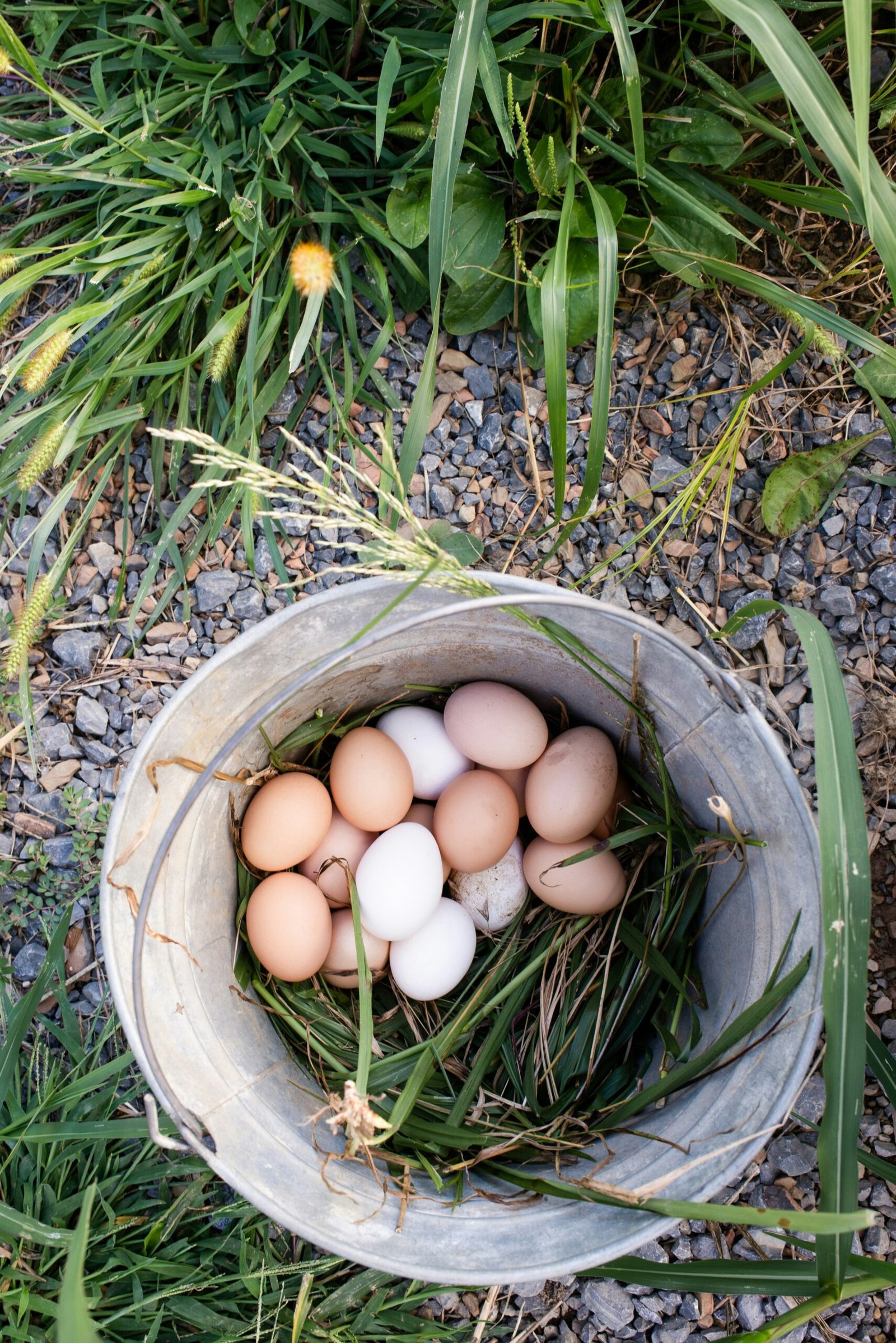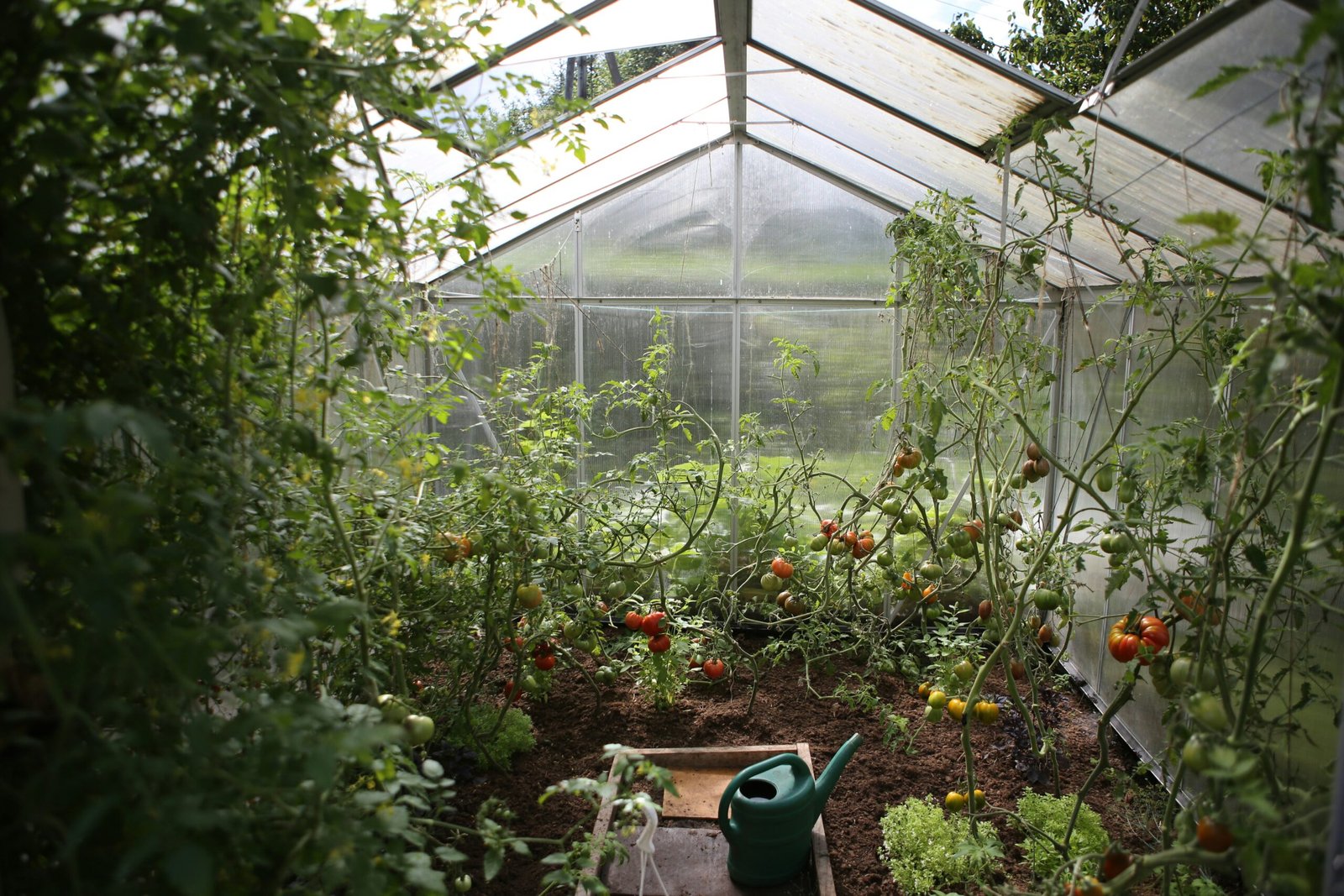Backyard chicken farming has gained popularity in recent years as more people seek sustainable and self-sufficient ways of living. While there are several benefits to raising chickens in your backyard, it is essential to consider the environmental impact of this practice. In this article, we will discuss the positive and negative environmental impacts of backyard chicken farming and explore ways to minimize your carbon footprint while contributing to local biodiversity.
Positive Environmental Impacts
One of the significant positive environmental impacts of raising backyard chickens is the reduction of food waste. Chickens are excellent scavengers and can consume a wide variety of food scraps, including vegetable peels, fruit leftovers, and even small amounts of meat. By feeding your chickens with these scraps, you can divert organic waste from landfills, reducing methane emissions and the overall environmental impact of food waste.
Additionally, backyard chickens can provide a sustainable source of fertilizer. Their manure is rich in nutrients, such as nitrogen and phosphorus, which can be used to enrich the soil in your garden. By utilizing chicken manure as fertilizer, you can reduce the need for synthetic fertilizers, which often contain harmful chemicals that can leach into groundwater and harm aquatic ecosystems.
Furthermore, raising backyard chickens can contribute to local biodiversity. Chickens are natural pest controllers and can help control populations of insects and other pests in your garden. By reducing the need for chemical pesticides, you can create a healthier environment for beneficial insects and other wildlife, promoting a more balanced ecosystem.
Negative Environmental Impacts
Despite the positive aspects, backyard chicken farming also has some negative environmental impacts that need to be considered. One of the main concerns is the potential for water pollution. Chicken manure, if not managed properly, can leach nutrients into nearby water bodies, leading to eutrophication. To minimize this impact, it is crucial to manage chicken waste by regularly cleaning the coop and properly composting or disposing of the manure.
Another negative impact is the greenhouse gas emissions associated with chicken farming. While backyard operations may have a smaller scale compared to industrial poultry farms, the emissions from chicken feed production, transportation, and energy consumption for heating or cooling the coop can still contribute to climate change. To minimize your carbon footprint, consider sourcing chicken feed locally and using energy-efficient coop designs or renewable energy sources.
Minimizing the Environmental Footprint
There are several ways to minimize the environmental footprint of backyard chicken farming:
- Practice responsible waste management by composting or properly disposing of chicken manure.
- Use organic and locally sourced chicken feed to reduce the carbon footprint associated with production and transportation.
- Implement energy-efficient designs for your coop, such as proper insulation and natural ventilation, to reduce energy consumption.
- Consider using renewable energy sources, such as solar panels, to power your coop.
- Promote biodiversity by planting native plants, providing habitat for beneficial insects, and avoiding the use of chemical pesticides.
By following these practices, you can minimize the negative environmental impacts of backyard chicken farming and contribute to a more sustainable and biodiverse ecosystem.
Conclusion
Backyard chicken farming can have both positive and negative environmental impacts. While it offers benefits such as reducing food waste and providing natural pest control, it is essential to address potential issues such as water pollution and greenhouse gas emissions. By implementing responsible waste management, using sustainable practices, and promoting biodiversity, you can minimize your carbon footprint and contribute to local biodiversity while enjoying the rewards of raising backyard chickens.





